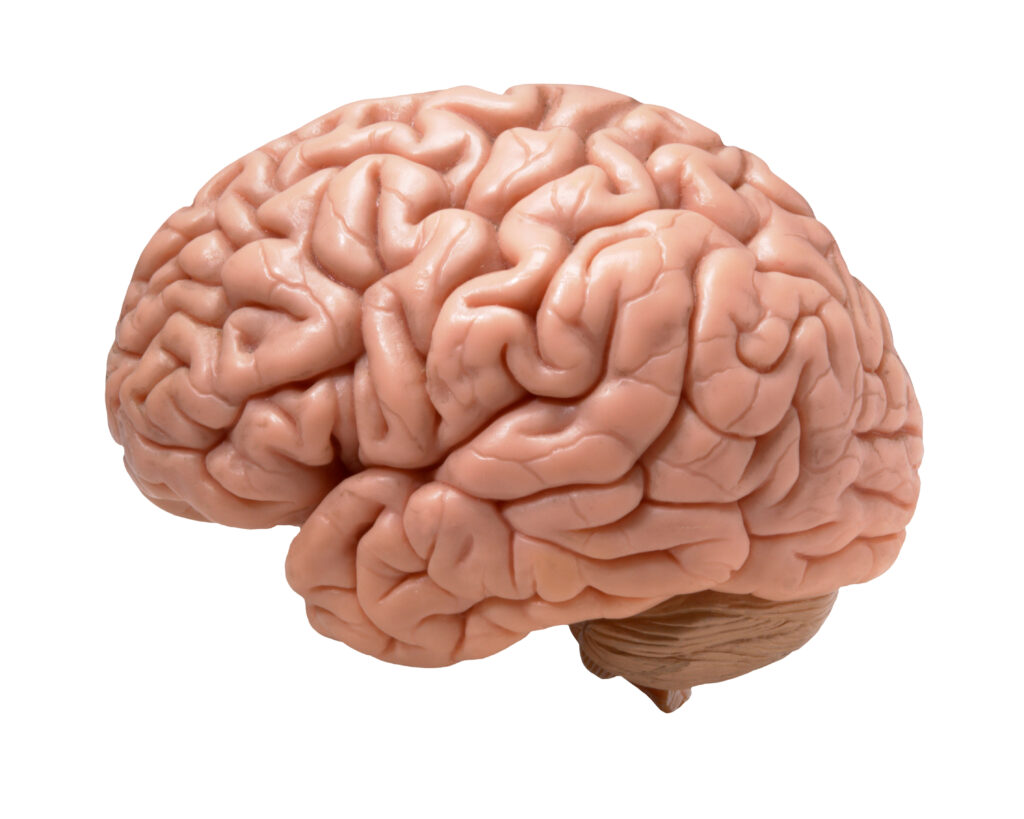
If you asked people about what makes dentistry so important, they’ll likely say something about avoiding serious toothaches, or maybe about how having a beautiful smile can make you feel about yourself. These factors are certainly critical, and tend to be some of the main reasons people are driven to the dentist’s office.
What many people don’t know is that the state of your oral health can have a lot to do with your brain’s function, and the chances of you developing serious neurological disorders. Here’s what recent science has to say about the connection between teeth and brain health.
Research Into the Mouth-Brain Connection
At first, the idea that what happens to your teeth could affect your brain might come as a surprise. However, recent research into the subject has shown an association between gum disease and memory.
Satoshi Yamaguchi, PhD, DDS, of Tohoku University in Sendai, Japan recently authored a study published in the medical journal of the American Academy of Neurology. 172 patients with an average age of 67 and no existing memory problems were studied over the course of four years, with extensive brain scans and dental records taken at the beginning and end of this period.
It was found that patients with higher rates of tooth loss and gum disease also had a higher chance of developing memory problems, seeing a marked decline in the volume of brain tissue in their hippocampus. While a causal link has not been established, this research suggests that improving your oral health may produce better outcomes in terms of brain health.
How to Preserve Your Teeth (And Your Brain)
This being the case, you might want to know what you can do to maintain your teeth well into late adulthood. Thankfully, this largely consists of things you’re probably doing already, but could do a little bit better.
Brushing diligently twice a day, flossing daily, and using antibacterial mouthwash will all break up plaque deposits on your teeth, greatly diminishing your chances of tooth loss and gum disease. You should supplement this with biannual trips to the dentist, where they’ll be able to clean and examine your smile.
Keep these simple tips in mind, and you’ll be smiling bright well into your golden years!
About the Author
Dr. S. John Salivonchik believes that good oral health is key to overall wellness, which is why he works hard to provide his patients with the care they need to look and feel their best. His reputation as a skilled general and cosmetic dentist doesn’t mean nearly as much to him as the approval of the patients he sees. Dr. Salivonchik received his dental degree from the Temple Dental School and has continued education with seminars across the country.
If you have any questions about your oral health, he can be reached at his website or by phone at (610) 502-1545.
 Request An Appointment
Request An Appointment